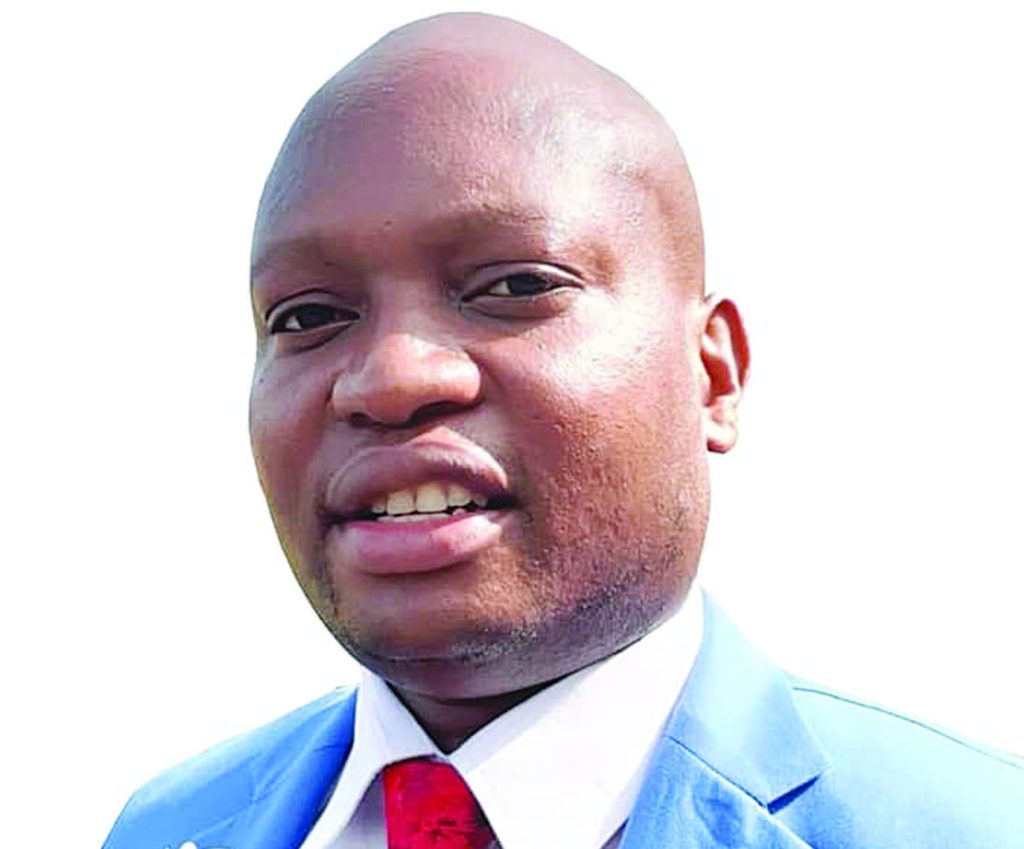Chreaa fights for OneStop Centres funding
The Centre for Human Rights Education, Advice and Assistance (Chreaa) is implementing a project titled Access to Paralegal Aid Services at One Stop Centre (Apasosc) aimed at ending sexual and gender-based violence (S&GBV) cases. Recently, Chreaa engaged various key players from government, the Parliamentary Committee on Social and Welfare Committee, the media and civil society organizations’ leaders on the project. Our News Analyst LUCKY MKANDAWIRE talked to Chreaa’s monitoring and evaluation manager SIPHIWE MALIHERAH for more about the campaign.

Could you tell us more about One Stop Centre facilities and their foundation?
AOne Stop Centres (OSCs) are government facilities usually located at district hospitals. They consist of multi-disciplinary service providers who assist survivors of sexual and gender-based violence (S&GBV) to access all the required services as survivors of S&GBV at one spot. Usually, these multidisciplinary service providers include clinicians, social welfare officers, psychosocial counselors and police. The OSCs concept was designed in 2009 but the first facility was established in February 2012 at Queen Elizabeth Central Hospital in Blantyre followed by many other districts. Basically, they were initiated after observing that survivors of sexual and gender-based violence used to experience so many challenges to access all the required help for a victim and on time. For example, previously survivors, in a back and forth manner, used to pass through police and social welfare departments before getting to hospital. This used to waste a lot of time because, for an example, in a case where a person has been defiled or raped she or he is supposed to be treated with post-exposure prophylaxis (PEP) within 72 hours to ensure such a survivor does not contract HIV infection. So in such instances, so many survivors would appear at a hospital when 72 hours has elapsed but with the coming of OSCs such experiences are history because survivors access all the required services under one roof and within no time. Such an arrangement also encourages survivors to report and seek help because they do not waste time unlike previously when they used to procrastinate to report the cases or seek help because such offices used to be located distantly apart, making accessibility of services exhausting.
Could you explain more about Apasosc and how does it benefit people?
This is a project designed to fight the increasing cases of sexual and gender-based violence offences in Blantyre. Basically it focuses on harmonizing and strengthening S&GBV services for survivors at one stop centre for speedy and quality access to survivors more particularly women and children. In addition, the project focuses on educating the general public on what S&GBV constitutes and where and what time to report the S&GBV cases when victimized. Statistics show Apasosc strategies are becoming a huge evidence and proof of great benefit to Malawians. This is mainly because we are witnessing that through the project’s interventions, many people now fully understand what S&GBV is and also know its forms. It is even impressive to note that such people also ably report S&GBV cases to police.
Why would you like government to start funding OSCs?
We made an analysis of how S&GBV cases are alarmingly increasing on a daily basis and also looked at the available interventions particularly government ones that are being taken to address the same. On the interventions, there is no better government intervention as a response to the fight against S&GBV that is available than OSC. Disappointingly, the OSC facilities, while they are that impactful, are also operating with almost zero funding and it is for that reason that we are asking government to start supporting them financially because we are optimistic with such support S&GBV cases will be fully defeated. We have noted that with funding, OSC’s facilities can be more impactful because when survivors report their cases, perpetrators will be getting arrested by police placed at the same centers. With funding, OSC’s will produce more and new dynamic approaches in fighting S&GBV. A good example of where such dynamics are taking place is Blantyre OSC where the Apasosc project is being implemented.
How significant was your OSCs’ lobbying meeting with key players and what did you achieve?
Based on our experience with Apasosc we wanted the stakeholders to have a clear picture of how OSCs are performing against the S&GBV issues because we knew obviously they are not fully aware how successful OSCs are in fighting against S&GBV cases, challenges they are facing and how impactful they can be if funded. That was done and we are happy that all stakeholders were convinced that government must start financially supporting OSCs because of their impact.
What specific message would you give government, the civil society and the public in general?
They need to appreciate and accept that cases of S&GBV are sadly still on the increase and that we need to fight them more aggressively now than ever before they get out of hand. We also need to understand that funding OSCs is one effective and better way to fully tame the S&GBV scourge because OSC’s facilities have proven to be a unique and impactful resource for S&GBV fight even in the absence of funding.
What is the way forward for your campaign?
We intend to intensify the financial lobbying campaign for OSCs. We will soon convene more lobbying meetings with Parliament particularly the Women Caucus, the Social and Welfare Committee and Treasury. We will also meet the Minister of Finance and make our presentation all to ensure that OSCs start getting funding from government for their effective operations. Time is now, let’s unite now and fund OSCs for effective fight to end of S&GBV in Malawi.





